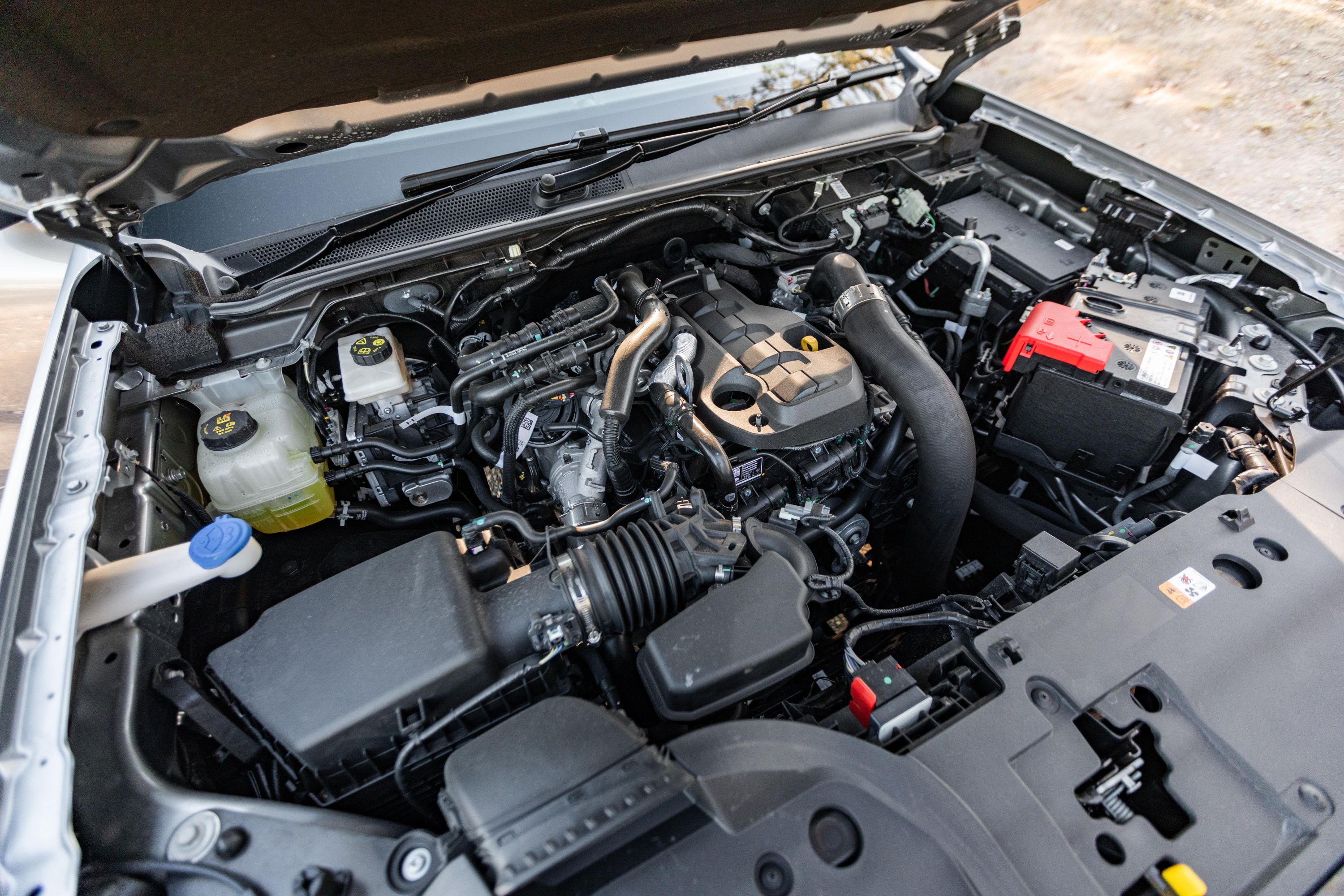What Makes a Vehicle Engine Run Smoothly: Leading Tips for Optimum Care
The smooth operation of an automobile engine is basic to both performance and longevity, making optimum treatment an important obligation for automobile proprietors. What specific steps should you focus on to ensure your engine continues to be in peak condition?
Normal Oil Modifications
One of the most critical elements of auto maintenance is ensuring your engine gets routine oil modifications. Engine oil lubes internal components, reduces rubbing, and aids keep optimum operating temperature levels. Gradually, oil degrades due to warm, pollutants, and the natural byproducts of combustion, causing minimized performance and possible engine damage.
The majority of producers recommend transforming the oil every 5,000 to 7,500 miles, yet this period can vary based upon driving conditions and oil type. Synthetic oils may allow for longer periods in between adjustments. Normal oil adjustments not just enhance engine performance yet additionally improve fuel efficiency, as tidy oil advertises smoother procedure.
Overlooking oil changes can result in sludge buildup, which harms blood circulation and can cause serious engine concerns. It is vital to check oil levels consistently and keep track of for any unusual changes in shade or consistency, which can show contamination or degradation.

Maintaining Coolant Degrees
Preserving appropriate coolant levels is necessary for protecting against engine overheating and ensuring optimal performance. The coolant, generally a mix of water and antifreeze, distributes with the engine, taking in warm and stopping thermal anxiety. Inadequate coolant can bring about raised engine temperatures, which might create severe damage and even overall engine failing.
To keep optimum coolant degrees, routinely examine the coolant tank, generally situated in the engine bay. Ensure the coolant is filled to the suggested mark, as suggested in your car's owner manual. It is recommended to inspect the degrees at least when a month or previously lengthy trips, especially during severe climate conditions.
If you discover that the coolant level is constantly low, there may be a leak in the cooling system, which should be addressed promptly to avoid further complications. 2.2 ford ranger engine. Additionally, flushing the coolant system every a couple of years can aid eliminate any type of collected debris and make certain reliable warmth exchange
Checking Air Filters

It is advised to inspect the air filter every 12,000 to 15,000 miles, or much more regularly if driving in dirty or adverse problems. An easy visual inspection can frequently reveal whether the filter is unclean or harmed. If the filter appears discolored or has noticeable dirt accumulation, it should be replaced promptly.
Using a high-grade air filter developed for your specific automobile design can better enhance engine efficiency. Additionally, some cars might gain from recyclable filters that can be cleaned up and re-installed, offering a economical and eco-friendly option.
Inspecting Flicker Plugs
Ignition system are crucial components of a vehicle's ignition system, straight impacting home engine efficiency and effectiveness. They produce the stimulate that sparks the air-fuel blend in the combustion chamber, facilitating the engine's power generation. Normal examination of stimulate plugs is important for maintaining optimum engine feature and avoiding potential concerns.
Throughout an assessment, search for signs of wear or damages, such as cracks, carbon build-up, or extreme gap widening. A healthy and balanced ignition system generally shows a light brownish or tan color. Dark residue or oil deposits can suggest incorrect combustion, while a blistered or white appearance may recommend overheating. Both problems need prompt interest to avoid more engine damage.
It's advisable to evaluate trigger plugs every 30,000 miles, or as recommended in your lorry's owner guidebook. Additionally, take into consideration replacing them according to the maker's guidelines, as used or old stimulate plugs can bring about misfires, decreased gas efficiency, and raised discharges.
Surveillance Tire Pressure
Under-inflated tires can lead to decreased gas efficiency, raised tire wear, and compromised handling. Routine surveillance of tire pressure is crucial for optimum vehicle operation.
Tire pressure need to be inspected a minimum of once a month and before lengthy journeys. Make use of a reputable tire pressure gauge to measure the pressure when the tires are chilly, ideally before the vehicle has actually been driven for a minimum of 3 hours. Describe the car's owner manual or the placard located on the chauffeur's side door jamb for the producer's suggested pressure levels.
It is necessary to note that tire pressure can rise and fall with adjustments in temperature level; a decrease of 10 ° F can lead to a 1-2 psi decrease in pressure. Additionally, aesthetically evaluate tires for any indicators of wear or damages throughout your tracking routine. Maintaining appropriate tire stress not just boosts lorry safety and security yet likewise enhances fuel efficiency and lengthens tire life, inevitably adding to a smoother engine efficiency.
Final Thought
To conclude, preserving a car engine's smooth procedure needs diligent focus to numerous crucial elements. Normal oil adjustments, proper coolant levels, tidy air filters, properly maintained stimulate plugs, and optimal tire stress collectively add to improved performance and long life. Complying with these upkeep practices not just improves gas effectiveness but likewise promotes a more secure driving experience. Eventually, an aggressive approach to engine treatment Click Here is essential for making sure reliability and capability in time. 2.2 ford ranger engine.
One of the most essential facets of automobile maintenance is guaranteeing your engine receives routine oil modifications. Engine oil lubricates internal parts, decreases rubbing, and assists preserve ideal operating temperatures. Normal oil adjustments not just improve engine performance but additionally improve gas efficiency, as clean oil promotes smoother operation.
Not enough coolant can lead to increased engine temperature levels, which may create serious damages or also complete engine failing.
